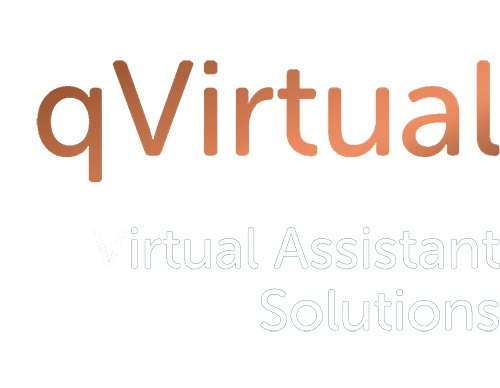In today’s fast-paced world, achieving a healthy balance between work and personal life has never been more critical. Work-life balance refers to the equilibrium between professional responsibilities and personal pursuits, encompassing factors such as time management, stress management, and overall well-being. In this blog, we’ll delve into the importance of work-life balance and its profound impact on individual happiness, productivity, and overall quality of life.
Enhanced Mental Health
Maintaining a healthy work-life balance is essential for preserving mental health and well-being. Constantly overworking or neglecting personal needs can lead to burnout, stress, anxiety, and depression. By prioritising time for relaxation, hobbies, and social activities outside of work, individuals can recharge their batteries, alleviate stress, and foster a positive mindset.
Increased Productivity and Performance
Contrary to popular belief, working longer hours does not necessarily equate to higher productivity. In fact, excessive work hours can lead to fatigue, decreased concentration, and diminished creativity, ultimately hindering performance. By establishing boundaries and allocating time for rest and recreation, individuals can maintain optimal energy levels, focus, and productivity in the workplace.
Stronger Relationships
Work-life balance is essential for nurturing meaningful relationships with family, friends, and loved ones. Neglecting personal relationships in favour of work commitments can strain relationships and lead to feelings of isolation and loneliness. By prioritising quality time with loved ones and cultivating a supportive network of relationships, individuals can experience greater fulfilment and happiness in their personal lives.
Improved Physical Health
Long hours spent sitting at a desk or under constant stress can take a toll on physical health. Sedentary lifestyles and unhealthy habits such as poor diet and lack of exercise contribute to a host of health problems, including obesity, heart disease, and diabetes. Incorporating regular exercise, nutritious eating habits, and adequate sleep into one’s routine is essential for maintaining physical health and vitality.
Increased Creativity and Innovation
Taking breaks and stepping away from work allows individuals to gain fresh perspectives, stimulate creativity, and generate innovative ideas. Engaging in hobbies, pursuing passions, and exploring new interests outside of work enriches life experiences and broadens horizons.
Sustainability and Longevity
Achieving work-life balance is essential for long-term sustainability and career longevity. Constantly pushing oneself to the brink of exhaustion and neglecting personal needs is not sustainable in the long run. By prioritising self-care, setting boundaries, and maintaining a healthy balance between work and personal life, individuals can sustain their well-being, performance, and career satisfaction over the long term.
In conclusion, work-life balance is not just a luxury; it is a fundamental necessity for individual happiness, productivity, and overall well-being. By prioritising work-life balance and making conscious efforts to establish harmony between professional responsibilities and personal pursuits, individuals can experience greater fulfilment, success, and longevity in both their personal and professional lives. Ultimately, achieving work-life balance is not just about finding time for leisure; it is about creating a life that is fulfilling, meaningful, and sustainable in the long term.
Are you looking for flexible business support and want to make savings by hiring a VA? Get in touch!
qVirtual – Virtual Assistant Solutions



